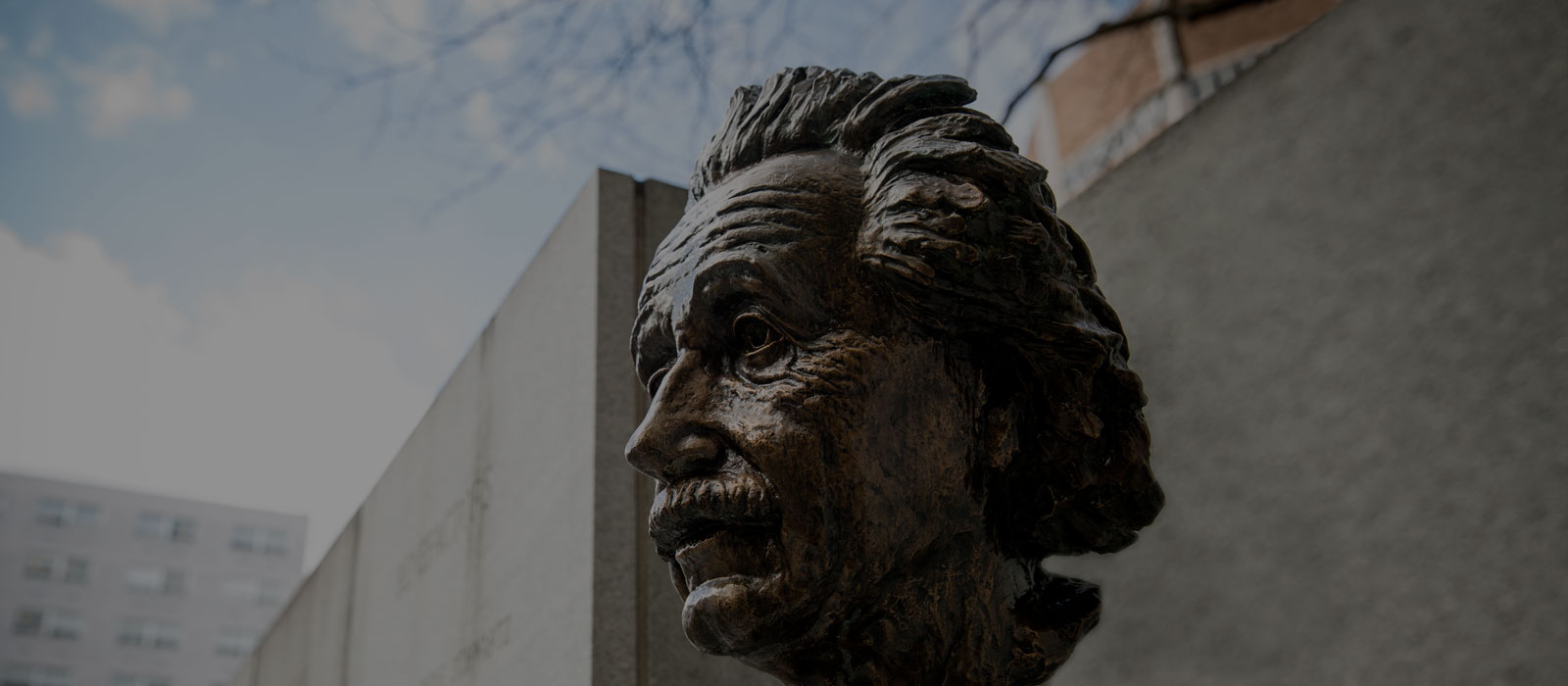Education & Training
-
714
M.D. Students
-
221
Ph.D. Students
-
117
M.D./Ph.D. Students
-
240
Postdoctoral Fellows
-
7
Educational Programs
Research
-
$192M+
NIH Research Funding
-
2,000+
Full-Time Faculty
-
3,211
Published Papers
-
20
Research Centers
-
36
Global Initiatives
Events

Friday, May 30 from 12:15pm - 01:30pm
Bronx - 1410 Pelham Parkway South, Bronx, NY 10461
Tuesday, June 03 from 08:00am - 09:00am
1301 Morris Park Ave., Price Center












